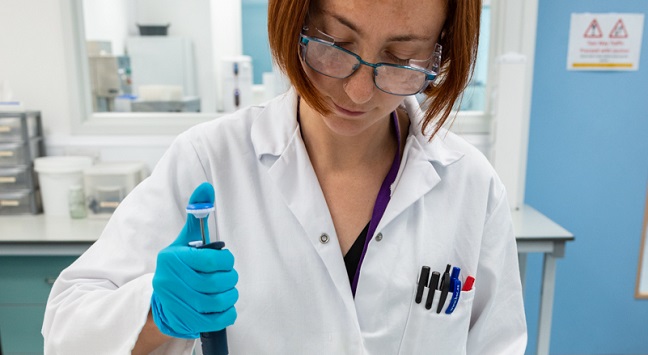Mission statement
Our mission is to be a major catalyst in the transformation of current drug delivery systems by leading the way in long-acting therapeutics research and product development. We can achieve this through our ambitious project portfolio which has been implemented to improve current delivery systems and create new long-acting interventions to provide innovative solutions to the public health challenges faced globally by patients, healthcare providers and the drug development industry.
Our knowledge is constantly evolving and we will share our valuable expertise with key stakeholders and partners. We aim to standardise the terminology used by long-acting therapeutics researchers worldwide to synergize the journey scientists are taking as we work towards a common goal.
Values
The nature of collaboration is a value at the very core of CELT, which was established as a result of many years of successful interdisciplinary collaboration between scientists from pharmacology and materials chemistry. This collaborative ethos manifests through our unique research activity where pharmacologists and chemists work together at the bench to advance life-altering innovations.
Successful partnerships with external stakeholders are fundamental to our success and facilitate motivated and progressive working relationships so we are keen to continue to establish effective partnerships with other world-leading experts and healthcare stakeholders.
Challenges and solutions
Patient adherence to therapy has been a challenge in healthcare for centuries with many complex factors contributing to patients failing to complete their prescribed regimen and, in many cases, some medicines not being taken at all. Traditional delivery modes such as daily oral regimens can have various problematic side effects which result in nonadherence and in many populations the stigma associated with their illness can be so damaging that they don’t want to be known to be taking medication.
A long-acting injectable mode of delivery has the potential to eliminate many of the known obstacles faced by clinicians as they can provide a complete course of therapy in a single administration resulting in a highly manageable regimen for patients with reduced risk of side-effects and the removal of pill burden and stigma.

Find out more about our research
We are currently working on cutting-edge innovative research that will improve the quality of life for billions of people worldwide. Find out more about our revolutionary work.
